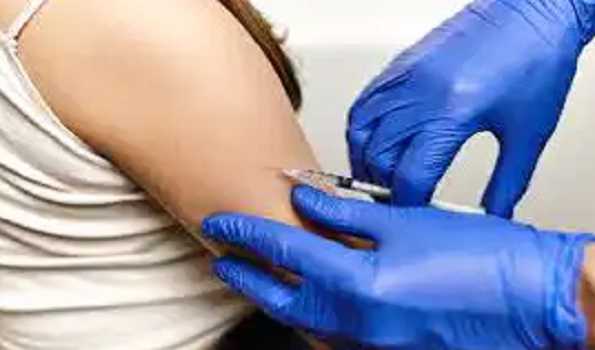Bisexual women face increased risk of heart disease: Study

New York, Feb 23: Bisexual women are likely to have worse cardiovascular health than their heterosexual peers, new research showed.
There is growing evidence that sexual minority adults have poor cardiovascular health. It is likely in part due to stress they experience as members of a minority group, said lead author Billy Caceres, Assistant Professor at the Columbia University’s School of Nursing.
Health and behavioural factors also contribute, Caceres added. Sexual minority men and women are more likely to be current or past smokers, while sexual minority women have a higher risk of obesity, diabetes, and short sleep.
“Our findings support previous evidence of the heightened risk of heart disease among bisexual individuals and provide important insights to improve heart disease prevention for these individuals,” Caceres added.
The findings are published online in JAMA Cardiology.
For the study, the team analysed data for 12,180 adults aged 18 to 59.
Bisexual women were found more likely to be obese than heterosexual women, while bisexual men were at higher risk than heterosexual men of having hypertension and using blood pressure medication, the results showed.
Bisexual and lesbian women also had higher scores for nicotine exposure than heterosexual women, while bisexual women had less favourable Body Mass Index (BMI) scores and lower heart health scores than heterosexual women.
Overall, the team found, bisexual women were about half as likely to have a high heart health score compared to heterosexual women. However, gay men had a more favourable cardiovascular health profile than their heterosexual peers, and bisexual men had more favourable cholesterol levels.
Bisexual women are the sexual identity group most likely to live in poverty, and they are more likely to delay health care due to financial issues and to have difficulty finding a healthcare provider, Caceres and his team noted.
“There is a need for tailored interventions to improve the cardiovascular health of sexual minority individuals, particularly bisexual women,” the researchers said.







